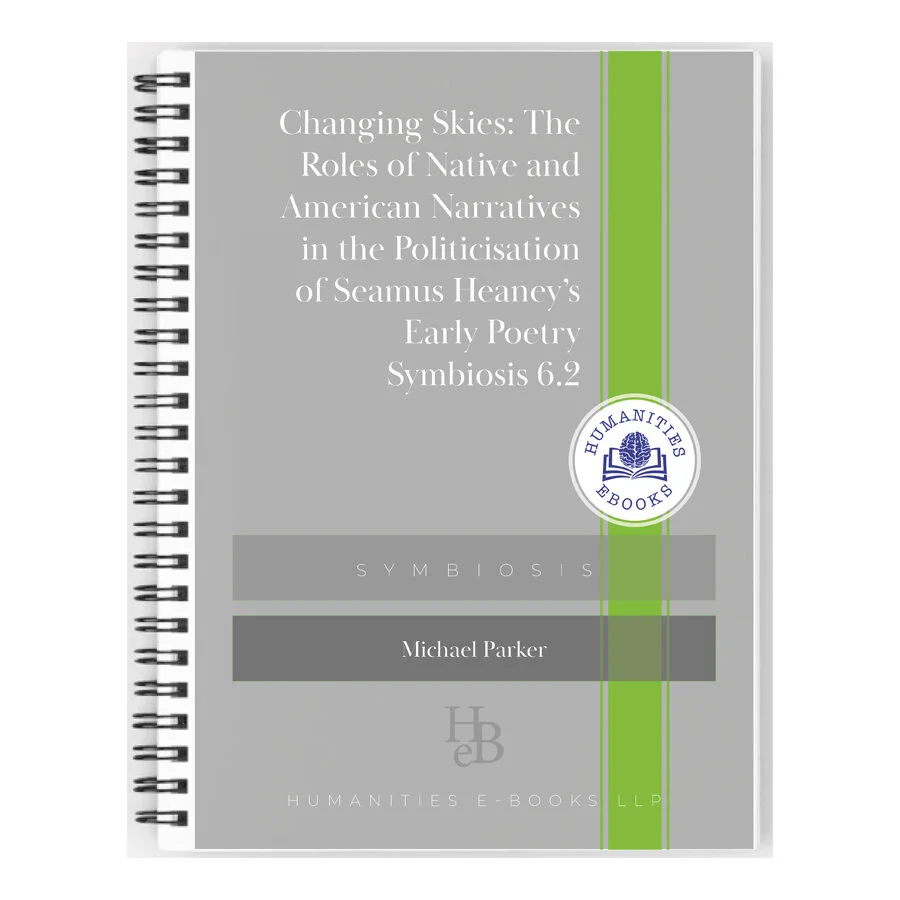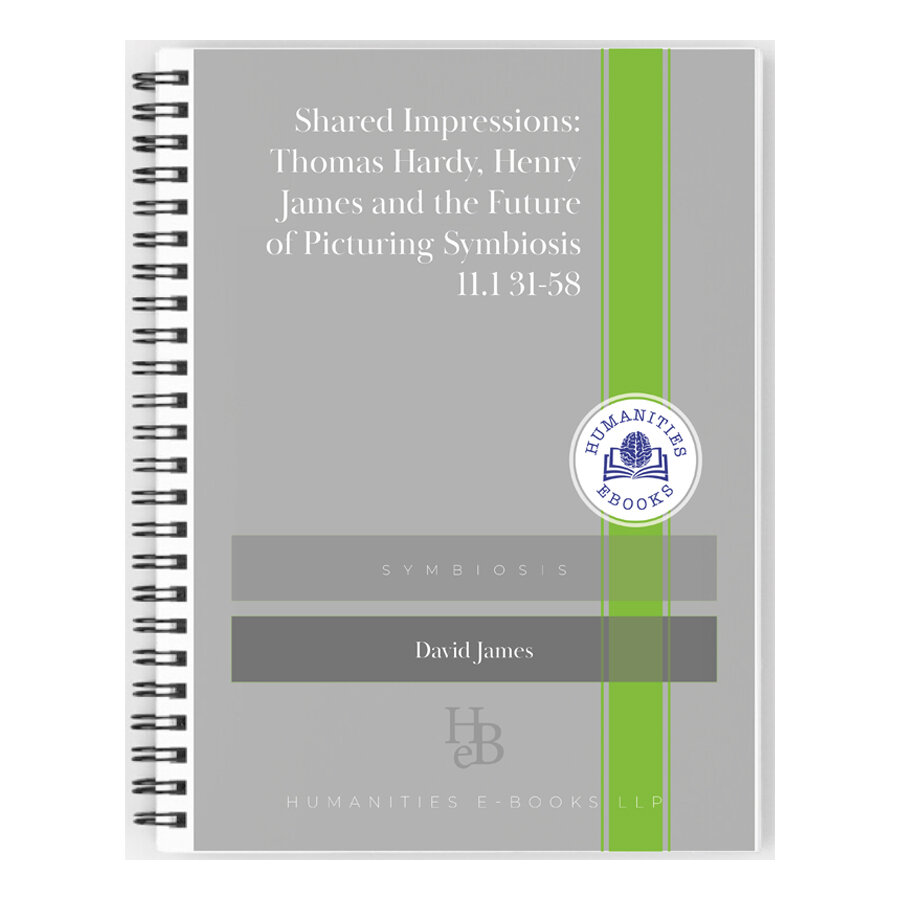 Image 1 of
Image 1 of


Thinking Small Across the Atlantic: Ian McEwan's "Saturday" and Jay McInerney's "The Good Life" Symbiosis 11.2
This essay, originally published in Symbiosis: A Journal of Anglo-American Literary Relations, examines the post-9/11 literary landscape through the lens of Ian McEwan's Saturday and Jay McInerney's The Good Life. Aliki Varvogli explores how these novels address the impact of terrorism on ordinary lives, highlighting themes of family and personal identity. The essay also discusses the broader cultural and national implications of these works, questioning the role of fiction in responding to global events. Varvogli's analysis provides a nuanced understanding of how contemporary literature reflects and shapes our perceptions of significant historical moments.
This essay, originally published in Symbiosis: A Journal of Anglo-American Literary Relations, examines the post-9/11 literary landscape through the lens of Ian McEwan's Saturday and Jay McInerney's The Good Life. Aliki Varvogli explores how these novels address the impact of terrorism on ordinary lives, highlighting themes of family and personal identity. The essay also discusses the broader cultural and national implications of these works, questioning the role of fiction in responding to global events. Varvogli's analysis provides a nuanced understanding of how contemporary literature reflects and shapes our perceptions of significant historical moments.
This essay, originally published in Symbiosis: A Journal of Anglo-American Literary Relations, examines the post-9/11 literary landscape through the lens of Ian McEwan's Saturday and Jay McInerney's The Good Life. Aliki Varvogli explores how these novels address the impact of terrorism on ordinary lives, highlighting themes of family and personal identity. The essay also discusses the broader cultural and national implications of these works, questioning the role of fiction in responding to global events. Varvogli's analysis provides a nuanced understanding of how contemporary literature reflects and shapes our perceptions of significant historical moments.







